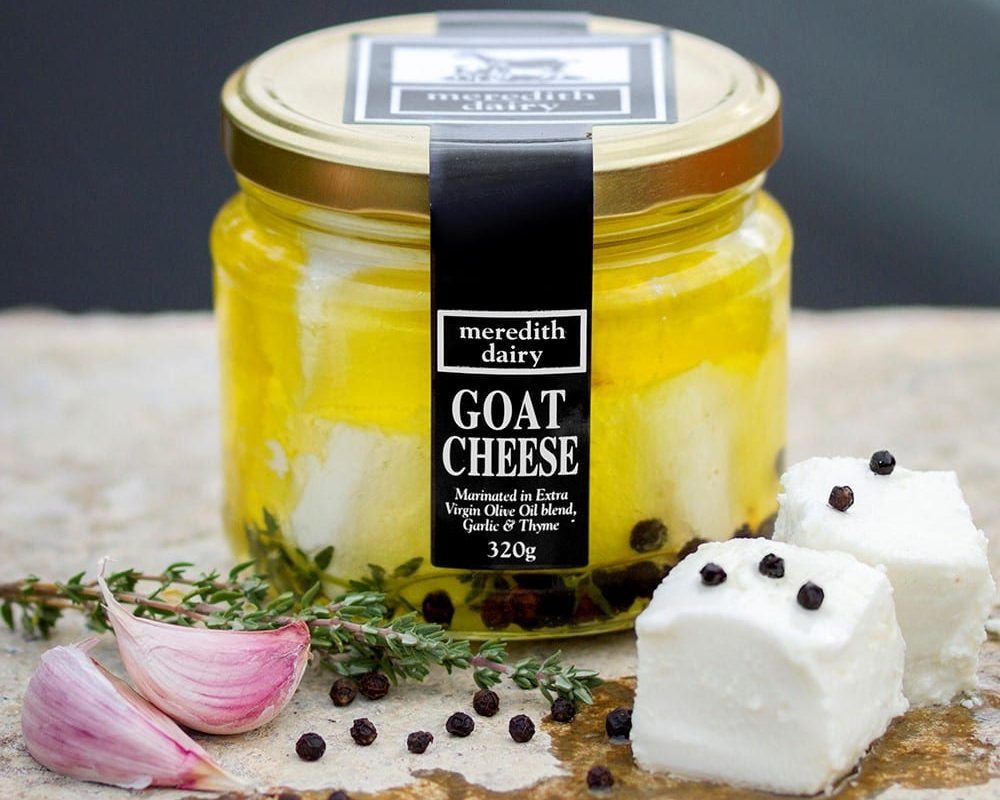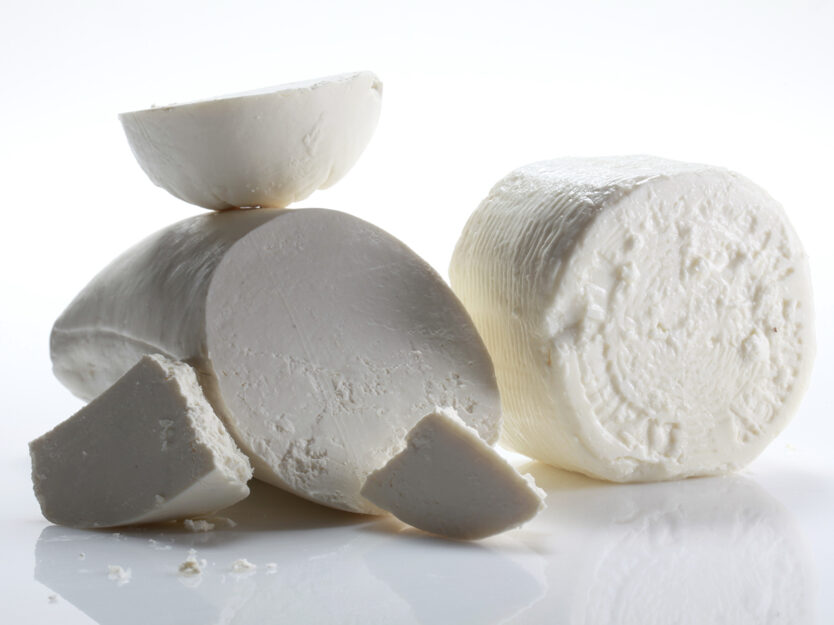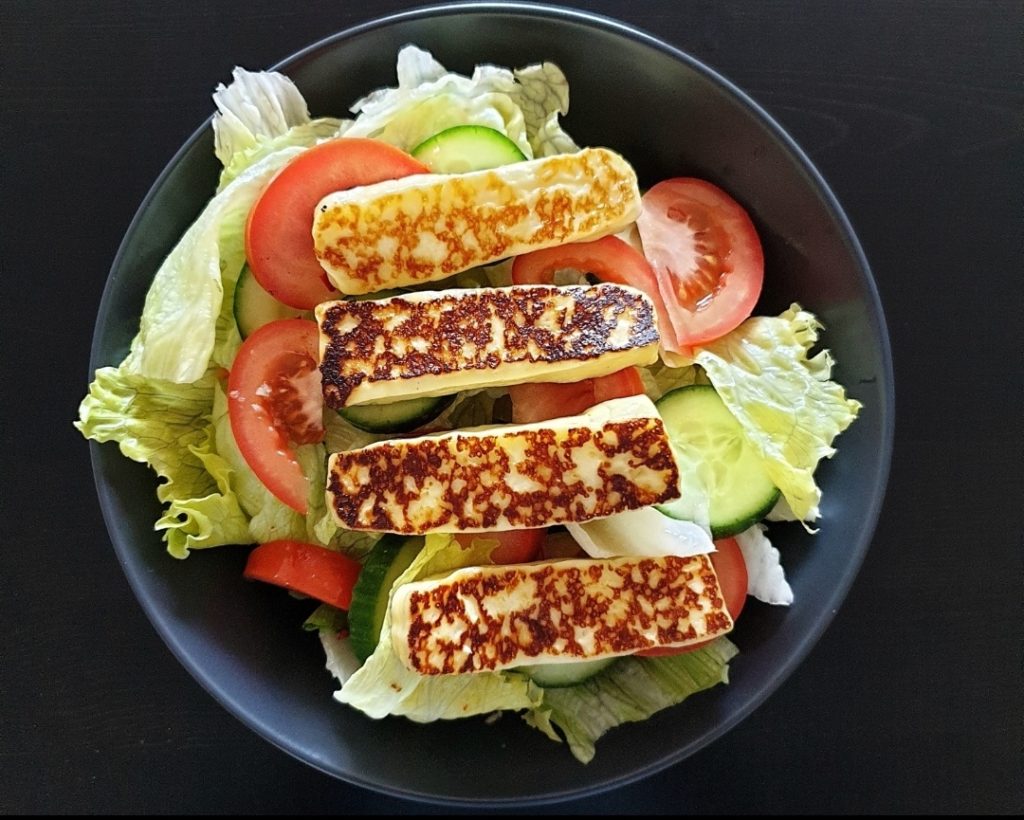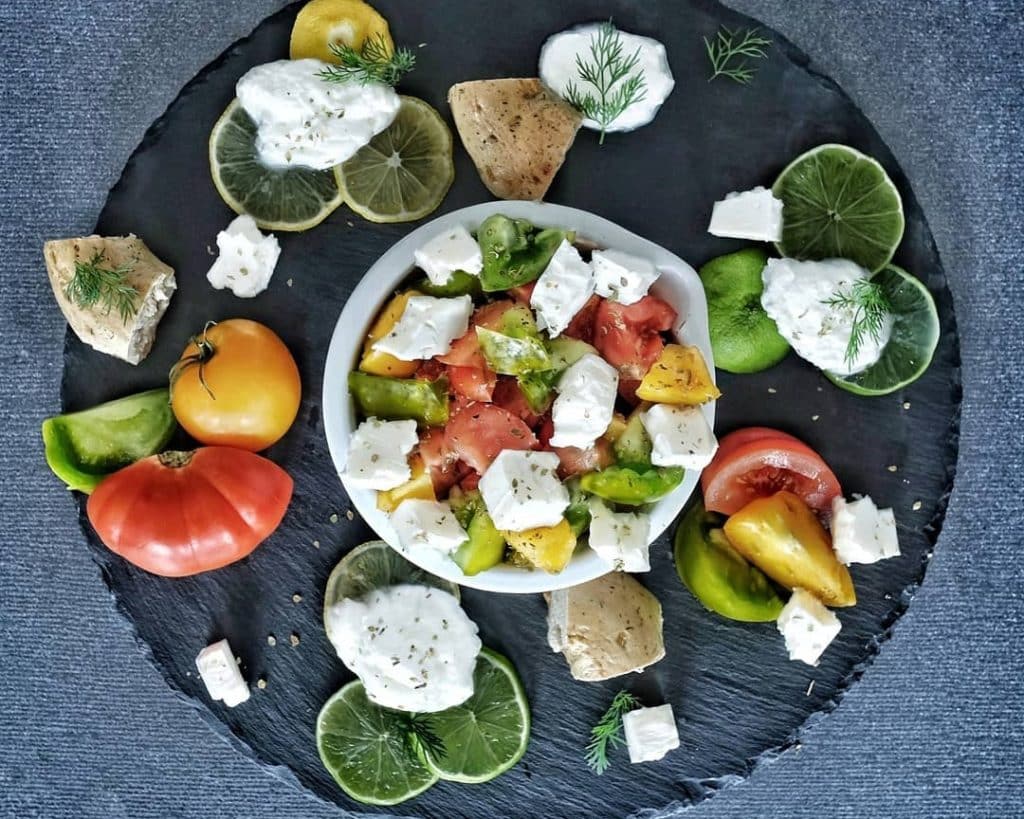Greek Feta is not the only white, crumbly brined cheese that comes from Europe. In this post, we explore the origins of the Balkan cheese, Sirene. Read on to learn about its history, where it comes from and how it is made.
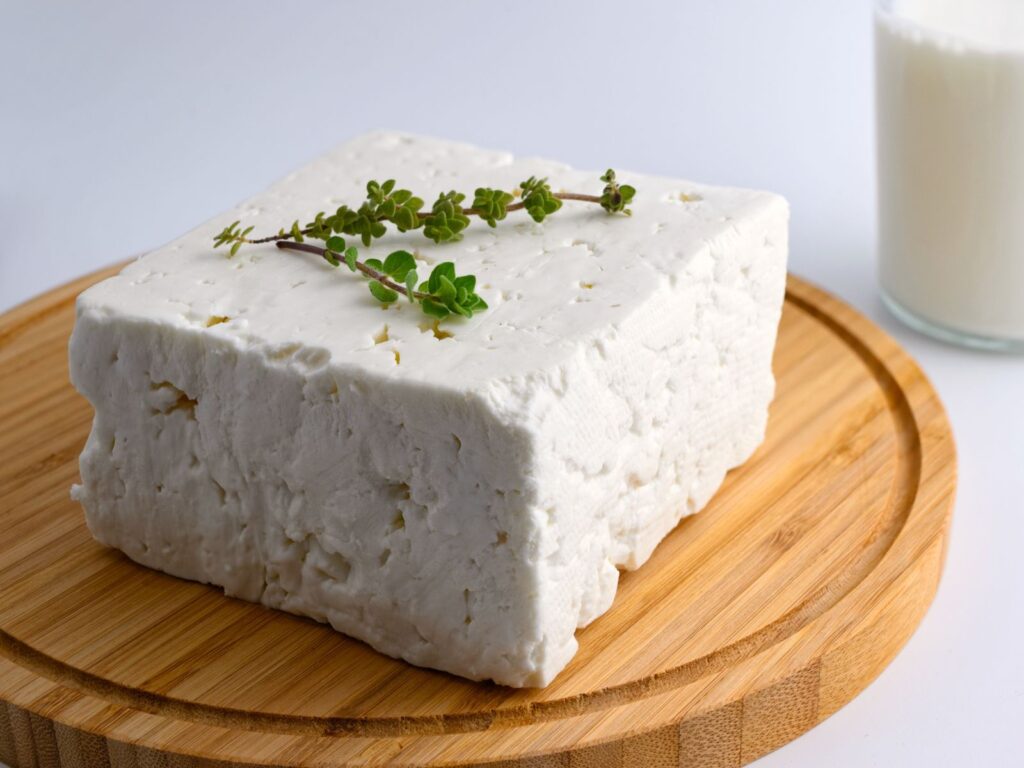
What is Sirene Cheese?
Sirene Cheese originated in the Balkans, a region in southeastern Europe. It is believed that this cheese has been produced for thousands of years in this region. The exact origin of the cheese is unclear, but it is believed to have originated in Bulgaria or the surrounding countries.
Actually, this Balkan cheese has a long history and has been a staple in the Balkan diet for centuries. It is made from cow’s, sheep’s or goat’s milk, and traditionally, it was made by shepherds and rural farmers.
The cheese was stored in brine to preserve it and make it last longer. The cheese was also used as a means of trade, as it could be transported easily and was a valuable commodity in the Balkans.
How is Sirene made?
To this day, Bulgaria, Serbia, Macedonia, and Greece are the biggest producers of Sirene. However, it is also consumed in other countries, such as Turkey, Romania, and Albania. The cheese is made from different types of milk, depending on the region and the preference of the producer.
To make this cheese, you have to curdle milk with rennet or acid. Then, you cut the curd into small pieces, and drain the whey. The curd is then put into a container and submerged in brine, where it is left to age for a period of time.
The ageing time varies depending on the desired texture and flavour of the cheese. And the cheese is usually white and has a soft, crumbly texture.
Texture, aroma & flavour
Unsurprisingly, Sirene has a tangy, salty flavour and a slightly sour taste. Moreover, its texture of the cheese is crumbly, and it is usually moist. The cheese has a mild aroma that is not overpowering.
Serving guide
Sirene is a versatile cheese that can be paired with a variety of foods. It goes well with olives, tomatoes, cucumbers, and other fresh vegetables.
In addition to this, you can also use it in salads and sandwiches. Also, this Balkan white cheese is a popular ingredient in local dishes such as Shopska salad, which is made with tomatoes, cucumbers, onions and cheese.
Alternatives to Sirene
If you are looking for alternatives to Sirene cheese, here are three options:
Feta: Feta cheese is a popular brined cheese that is similar to Sirene. It has a tangy, salty flavour and is usually made from sheep’s milk. Feta cheese is a popular ingredient in Mediterranean dishes.
Paneer: Paneer cheese is a fresh cheese that is commonly used in Indian cuisine. It is made from curdling milk with lemon juice or vinegar and has a mild, slightly sweet flavour. The texture is firm and crumbly, making it a great alternative to sirene cheese in salads and other dishes.
Ricotta: Ricotta cheese is a soft, fresh cheese that is commonly used in Italian cuisine. It is made from whey and has a mild, slightly sweet flavour. The texture is creamy and smooth, making it a good alternative to sirene cheese in dishes such as lasagna and stuffed shells.
Summary
To conclude, Sirene is a popular brined cheese that has a long history in the Balkans. It is known for its tangy, salty flavour and crumbly texture.
Sirene is versatile and can be used in a variety of dishes, including salads, sandwiches, and Balkan specialties. While it is mainly produced in Bulgaria, Serbia, Macedonia, and Greece, it is also enjoyed in other countries around the world.
What’s your favourite way to enjoy this Balkan brined cheese? Let us know in the comments below.
Thank you for reading
Thank you for reading this post about yet another amazing artisanal cheese. Have you tried this cheese before? Drop us a comment below with your thoughts.
If you enjoy learning about new cheeses, you can subscribe to our newsletter below. You will hear from us about once a week as we share new cheese profiles with you.
Finally, keep scrolling to find some more cheeses and recipes that have been recommended for you. Keep it cheesy!
